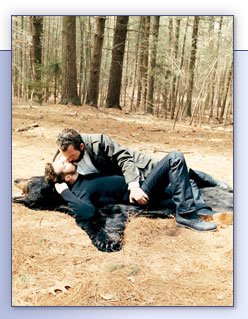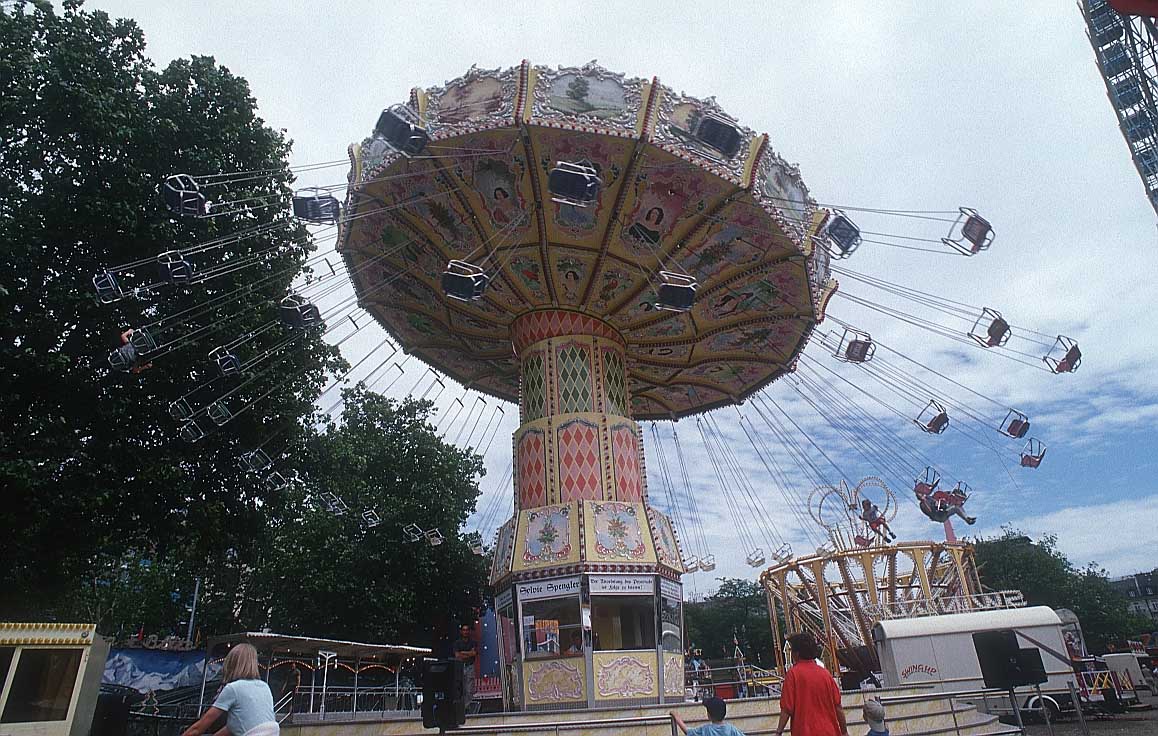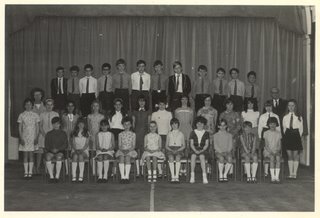Or: bisexuals I never met, part one
In the autumn of 1976, I was an au pair in Paris. Dizzyingly lonely, harassed by men every time I set food outside the front door, pretty much centimeless (due to my own inability to negotiate - or mention even - the fact that I was expecting to get paid) I spent a lot of time hanging out at the Drugstore du Rond Point des Champs Elysees. It was a kind of bookshop/newsagents - probably more too, but that's what springs to mind - and there I clapped eyes on the book Flying, by Kate Millett.
Realistically, it was probably the fact that it was a book in English that made me notice it. Perhaps there was more. Perhaps I knew that she was an influential and controversial feminist thinker, author of Sexual Politics, but more probably that came later. I know why I spent day after day in that bookshop, with no money to pay for the book, just reading it standing there propped against the magazine shelves.
The clue is in the blurb on the back:
"Flying is her extraordinary, frank account of the tumultous period when both her book and her own acknowledged bi-sexuality [sic] outraged the public and triggered some of the most violent, far-reaching aspects of the women's movement."
That word, that one word, made me know I had to read it. And I wasn't disappointed. In this, her autobiography. KM - artist, writer, academic, intellectual, wife and lover of women - gives a fearless, naked in all senses, account of her life and loves up till that point (38). Her writing is extraordinarly vivid and personal; she does a lot, mixes with fascinating people at a fascinating time, but there's every sense that she is suffering too.
The book starts with a trip to London, where she recalls her sudden, unwanted rise to fame after the publication of Sexual Politics - an interview in Life magazine, on the cover of Time, being asked in public if she was a lesbian, the pain and guilt of hurting her religious mother.
Sexual Politics, after all, was essentially the first work of feminist literary analysis, and the mainstream was very keen to slap down the new women's movement. The book looked at misogyny in American literature, to illustrate how men in general use sex to degrade women. The work - and KM herself - were overtly against monogamy and the family. In the late 1960s, that was heretical to almost everyone.
Still true todayUnfortunately, some of what she writes is still quite true today: "The line goes, flexible as a fascist edict, that bisexuality is a cop-out. Yes, I said, yes I am a Lesbian. It was the last strength I had."
She was vilified as a result of this enforced coming out – by the heterosexual women's movement for being queer, by radical lesbians for not being enough of lesbian, by straight society for supposedly hating men. She can't, mustn't, write about sex. Just like now. See
this post. Yup, I will repeat, women aren't allowed to talk about their sexual feelings and remain intellectuals of good standing.
More than that, though, what I found moving, and could relate to, were her struggles: to find love, to not feel rejected, to keep on creating - through a film of fairly consistent low-level depression and relentless introspection.
People are always talking about the need for role models and KM - wild woman, artist, bohemian - was the perfect role model for me. She was very consciously, openly bisexual. Feminism might have been going hell for leather in 1976, but not where I was and I certainly didn't know where to find it. But she did, she was doing all those things I wanted to do and be, in my tiny, solitary Parisian room.
I didn't meet any women in Paris, 1976. I didn't meet much of anybody: everyone (apart from the men who wanted a piece of my body) kept themselves to themselves, and I was too scared to go to a lesbian club although I walked up and down outside plenty of times. In fact, I couldn't wait to come home.
I finally bought the book myself in 1980 (I wrote the date inside) by which time I was officially a "practising bisexual". I also read some of the others: Sexual Politics (of course), Sita, the Basement, but it was Flying that really blew me away.
Where she is nowThe 1980s and 1990s weren't particularly kind to Kate Millett: her influence faded and she had periods of serious mental illness, which she wrote about in The Loony Bin Trip. I was really pleased when I heard she was coming to London to give a talk in the 1990s but her mother was ill, and she never made it. The next time I heard of her, was in an article in the Guardian in 1998 - where she was apparently selling Christmas trees to make a living. Cue righteous shock about what happened to our feminist heroines; certainly from me. Apparently, though, this article - which she wrote - had all the wit and humour taken out by the editor and her life was not nearly as pitiful as it sounded. See
here.Lots of her books are available now, being
reissued in 2000 after being out of print for years. The farm (where the Christmas trees came from) she bought in upstate New York with the proceeds of Sexual Politics is now a centre for women writers, artists and musicians around the world. KM herself conducts masterclasses in writing from time to time.
I was so pleased to read this when I did an internet search while doing this post. You can find out more about her by looking at her
websiteThank you Kate Millett. You helped me become myself.






